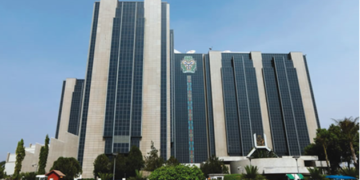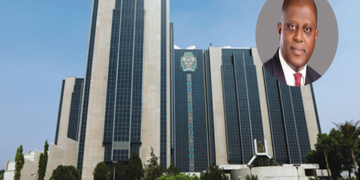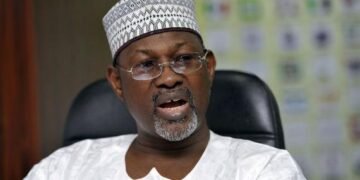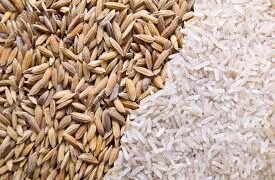Arising from its Monetary Policy Committee meeting today, 28th May 2020, the Central Bank of Nigeria cut the policy rate by 100 basis points to 12.5%, while maintaining other parameters constant.
The contents of the Central Bank of Nigeria Communique No. 130 of the Monetary Policy Committee Meeting was disclosed by the bank in a tweet earlier today, seen by Investogist.
CBN MPC cuts policy rate by 100 basis points to 12.5 %, maintains other parameters constant.
— Central Bank of Nigeria (@cenbank) May 28, 2020
Monetary policy is the policy adopted by the Central Bank or monetary authority of a country to control either the interest rate payable on very short term borrowing or the money supply, often targeting inflation or the interest rate to ensure price stability and general trust in the currency.
The Central Bank’s Monetary Policy Committee must have had a lot of thinking before arriving at this decision to reduce the MPC rate contrary to expectations in many quarters, given the recent GDP data versus the inflation data from the National Bureau of Statistics.
Read also; Coronavirus Update – U.S Death Toll Pass 100,000 as Nigeria Records 389 new cases
This expansionary policy would have been reached with the objective of stimulating the economy on the back of data released by NBS showing that the Nigeria’s GDP slowed in Q1 2020, growing by only 1.87% year on year, but contracting by -14.27% quarter on quarter in real terms. The news was reported by Investogist on 25th May 2020.
On 21 April, Investogist reported that according to figures released also by NBS, the Consumer Price Index (CPI) which measures inflation increased by 12.34% year on year in April 2020, a 24 month high for the country.
The CBN would expect that with lower interest rate, businesses will be enticed to borrow for expansion purposes, spurring economic activities and thereby boosting growth.
Slowing economic growth and rising inflation are usually combated by Central Banks with opposing monetary policies. In this case, the CBN’s MPC has clearly prioritized growth over inflation. This is understandable when one considers the bleak economic outlook created by the current covid-19 pandemic.
The Cash Reserve Ratio (CRR) was maintained at 27.5%. The Cash Reserve Ratio is a central bank regulation that sets the minimum amount of reserves that must be held by a commercial bank. A 27.5% CRR means that all commercial banks in Nigeria must hold nothing less than 27.5% of all customer deposits in reserve.
Read more; Total Transactions on the Nigerian Stock Exchange Drop by 47.03% in April
CRR can be used as a tool in monetary policy, influencing the country’s borrowing and interest rates by changing the amount of funds available for banks to make loans with.
The CBN Governor, Emefiele expressed hope that the Nigerian economy may not slide into recession if the third quarter growth returns positive through the aggressive reopening of businesses. Emefiele said, “While we are trying to save lives, we must also save livelihoods”.
Written by;
Nnamdi M.






















































